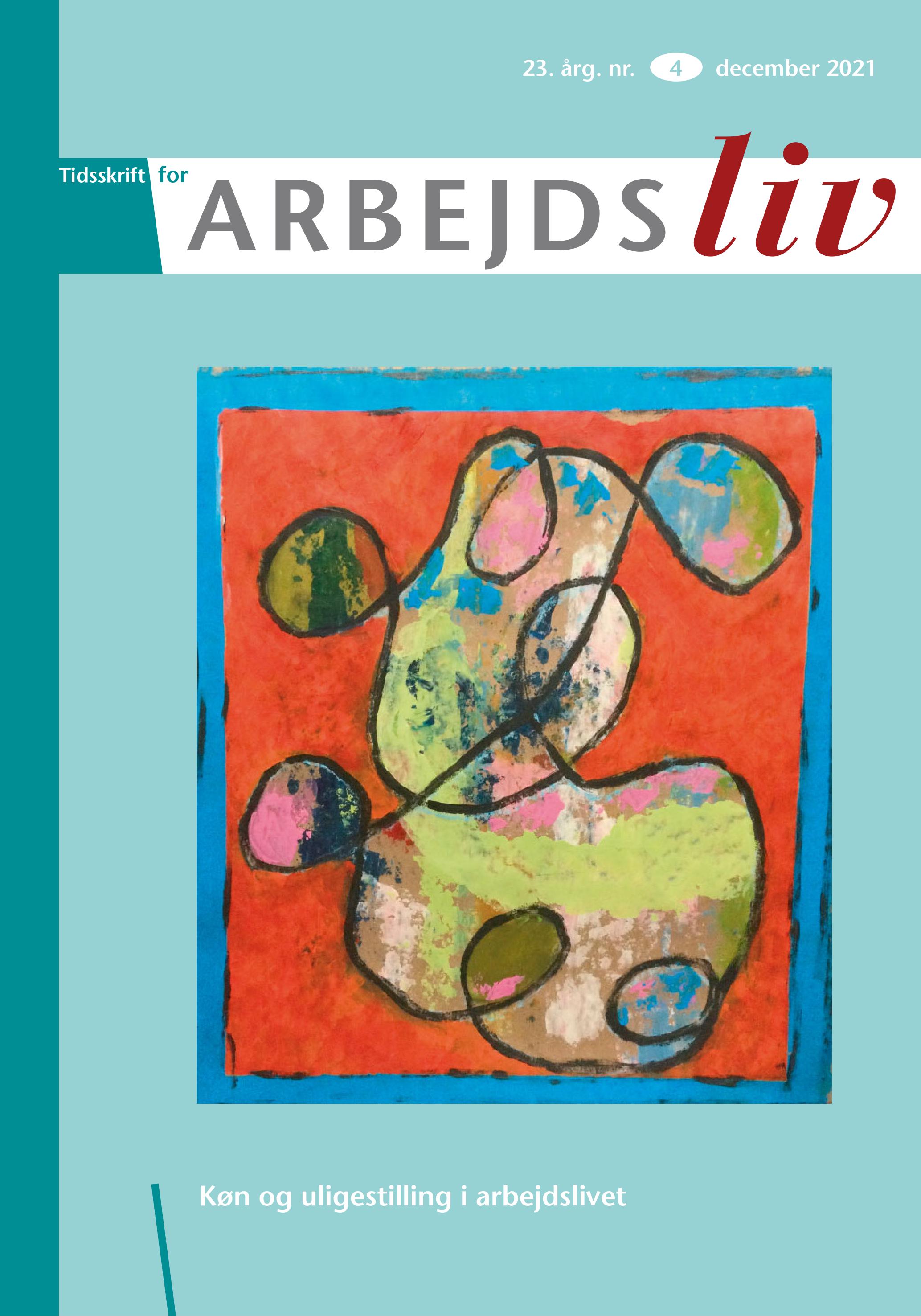Gendered Narratives – about the transition to work life of graduates within the humanities
DOI:
https://doi.org/10.7146/tfa.v23i4.130010Keywords:
Køn, Performativitet, Arbejdsliv, DimittenderAbstract
The article explores how gendered patterns are performed in narratives of graduates within the humanities who tell about their transition to work life and discuss how these patterns might shape the (im)possibilities in their professional lives. The article draws on Judith Butler’s concept of performativity which offers a conceptualization of how the subject is subjectivized through performative acts, and how these patterns of actions are embedded in discursive gender categories (Butler, 1993, 2010). The study is based on narratives from eleven graduates with different majors within the humanities. The analysis shows that the gendered patterns center three contradictions: fate and strategy, struggles and success, and confidence and lack thereof in competencies. It is primarily men’s narratives that are characterized as strategic, successful and confident in their competencies, while the women’s narratives are marked by chance, struggles and uncertainty in their competencies. By comparing the findings from these contemporary cases with previous research we show that the ideal performance of graduates within the humanities are organized through a masculine ethic. An ethic that enables these narratives as part of the reproduction of the historical norms which fix men and woman in specific roles as graduates, and which privilege men.
Downloads
Published
How to Cite
Issue
Section
License

This work is licensed under a Creative Commons Attribution-NonCommercial 4.0 International License.
Forfattere, der publicerer deres værker via dette tidsskrift, accepterer følgende vilkår:
- Forfattere bevarer deres ophavsret og giver tidsskriftet ret til første publicering, samtidigt med at værket ét år efter publiceringen er omfattet af en Creative Commons Attribution-licens, der giver andre ret til at dele værket med en anerkendelse af værkets forfatter og første publicering i nærværende tidsskrift.
- Forfattere kan indgå flere separate kontraktlige aftaler om ikke-eksklusiv distribution af tidsskriftets publicerede version af værket (f.eks. sende det til et institutionslager eller udgive det i en bog), med en anerkendelse af værkets første publicering i nærværende tidsskrift.
- Forfattere har ret til og opfordres til at publicere deres værker online (f.eks. i institutionslagre eller på deres websted) forud for og under manuskriptprocessen, da dette kan føre til produktive udvekslinger, samt tidligere og større citater fra publicerede værker (se The Effect of Open Access).





